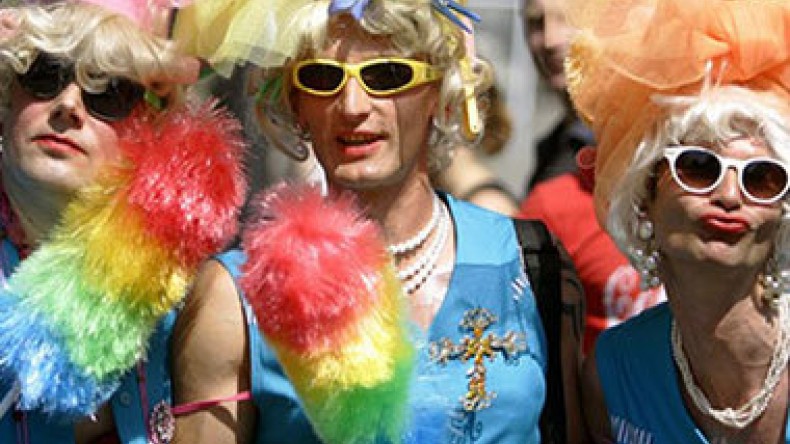
Balcanicaucaso.org: Azerbaijan’s fabricated image of liberal state has nothing to do with reality
The suicide of Isa Shahmarli, a twenty- year old, gay rights activist, reopens the painful question of LGBT rights in Azerbaijan. This is stated in Arzu Geybullayeva’s article published on the website of Italian news and research resource Balcanicaucaso.org.
“Sadly, Isa is neither the first nor the last LGBT person to end his/her life in Azerbaijan, as the country has not yet found a way to address the rights of LGBT people. While the country’s leaders are building a modern and liberal image abroad, at home, the domestic contradictions of that image are visible every day,” the author states.
According to the article, in Azerbaijan, a country which is considered to be a liberal modern state, tolerance is a relative concept. When much of Europe drew their attention to Azerbaijan during the Eurovision song contest in 2012, tolerance was at its highest level. However, when all of the country’s guests left and the world turned its attention to other issues, there were only weak traces of tolerance left, the most common was perhaps the acceptance of men wearing shorts.
“Azerbaijan decriminalized homosexuality in 2001.However, difficulties persist,” Geybullayeva writes.
According to the founder of “Gender and Progress” LGBT rights advocacy NGO Elhan Bagirov, people are often fired from their jobs because of their sexual orientation. Instances of child abuse based on sexual orientation are also frequent. While there are no laws that penetrate LGBT people, there are no laws protecting them either, Bagirov said.
As it is stated in the article the absence of legislative support to the LGBT community is one of the vulnerable questions, if not risks. According to Bagirov and other advocates of LGBT rights the adoption of anti-discrimination law will not be a solution to the problem. Education reforms and an overall shift in the attitude of the society are necessary. On a daily basis, gays, lesbians, and transvestites are the targets of jokes, belittling, prejudice and oppression.
The author notes that in Azerbaijan not only the members of LGBT community are subject to pressure but also those who defend their rights. “The government doesn’t register LGBT organizations or, more truthfully, doesn’t take them seriously,” the head of NGO “Nefes” Atilla Cavid said.
It is pointless to expect grand changes in a country where homophobia is a tool at the hands of ruling elite to deal with the opposition. Recently, a pro-government youth organization has launched a campaign against one of the country’s opposition party leaders, Ali Karimli, calling him gay. Overall, intimidation and slander of a sexual nature against anti -government individuals is very common in Azerbaijan, the author sums up.
Newsfeed
Videos






























